Cold War Echoes On Earth And In Space

Sources: Russia tests anti-satellite weapon, CNN
“Russia has recently tested what is believed to be an anti-satellite weapon, US sources with knowledge of the test told CNN. The US tracked the weapon and it did not create debris, indicating it did not destroy a target, the source said. The Russian test, coming as President-elect Donald Trump prepares to enter the White House next month, could be seen as a provocative demonstration of Moscow’s capability in space.”
Kremlin says almost all dialogue with U.S. is frozen, Reuters
“The Kremlin said on Wednesday almost all communications channels between Russia and the United States have been frozen but the U.S. State Department disputed the statement.”
NASA International Space Station On-Orbit Status 20 December 2016
“The six Expedition 50 crew members from France, Russia and the United States are heading into the final holidays of the year with a muscle study and Earth observations today. The astronauts also checked out fluids and combustion science gear and practiced an emergency escape drill.”
How Long Will ISS Remain Isolated From Terrestrial Politics?, Earlier post


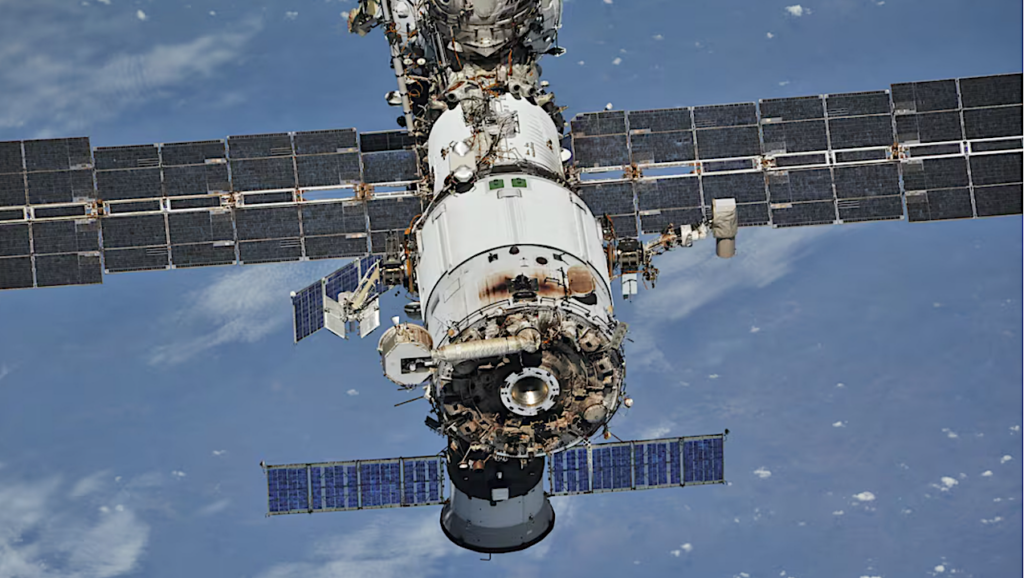
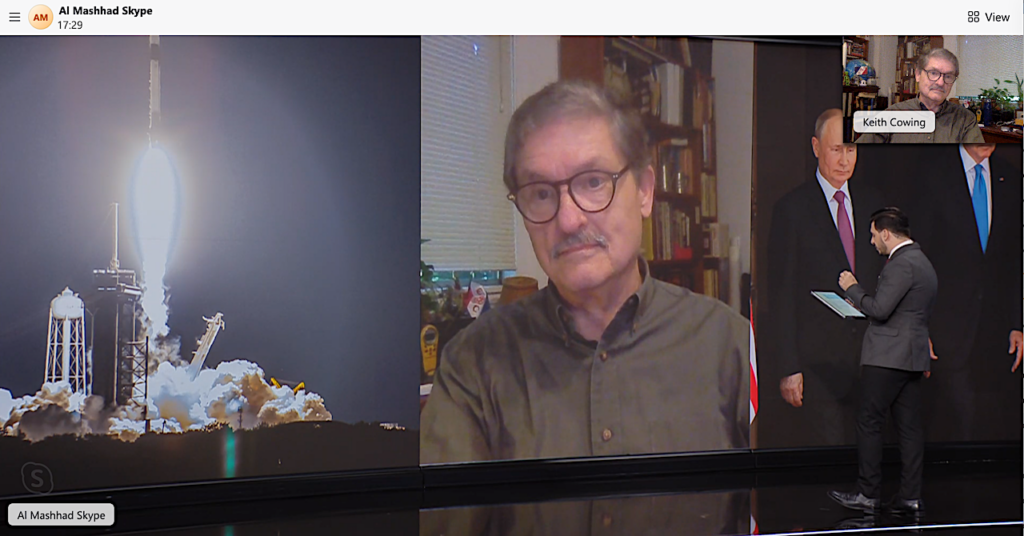
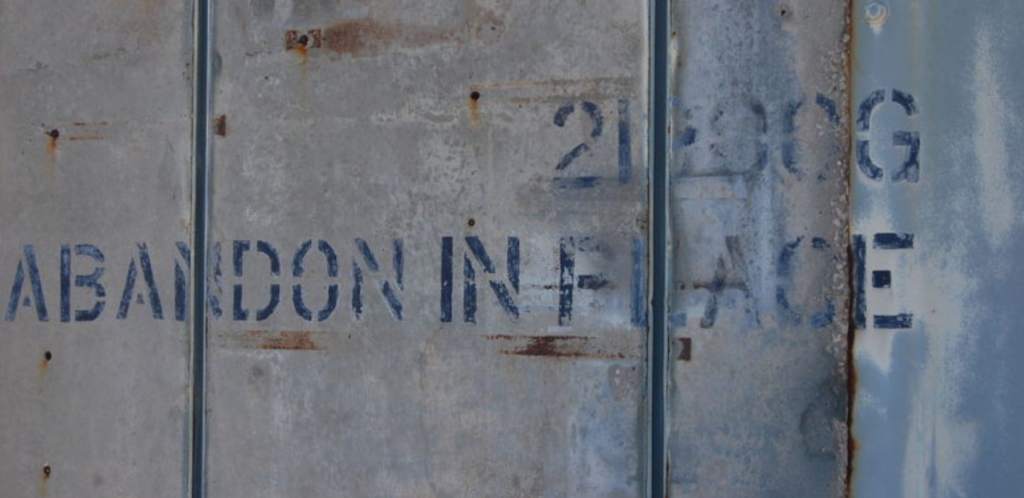
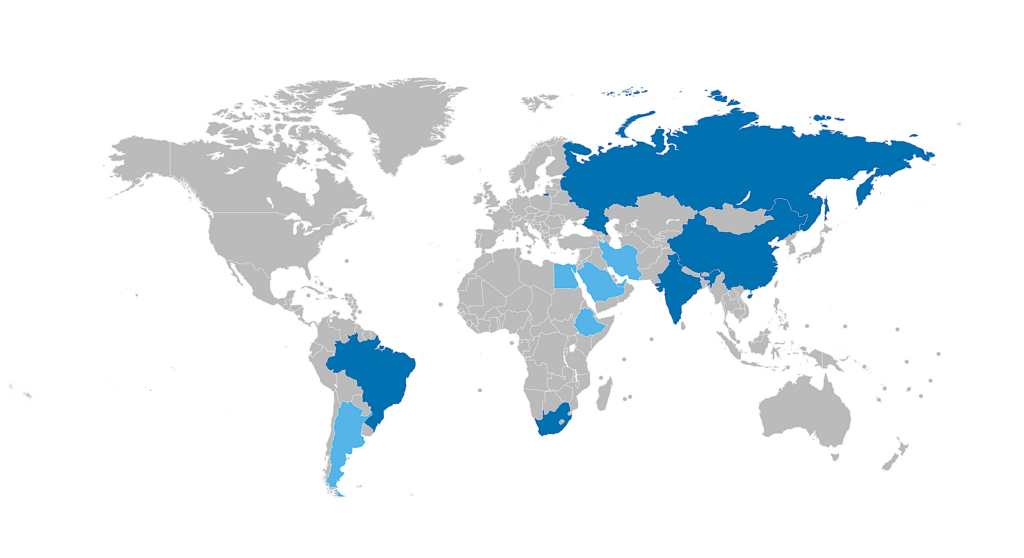
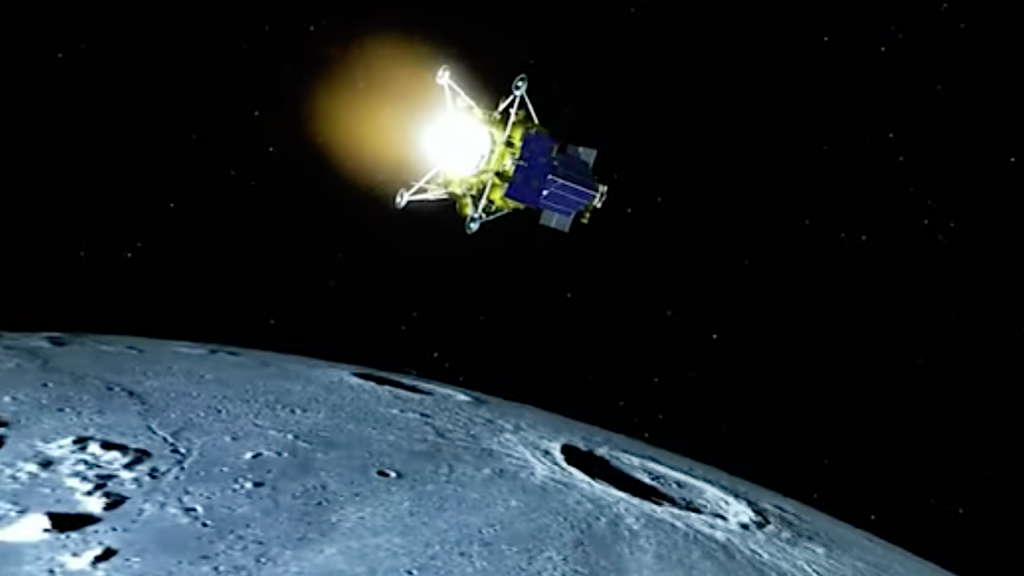
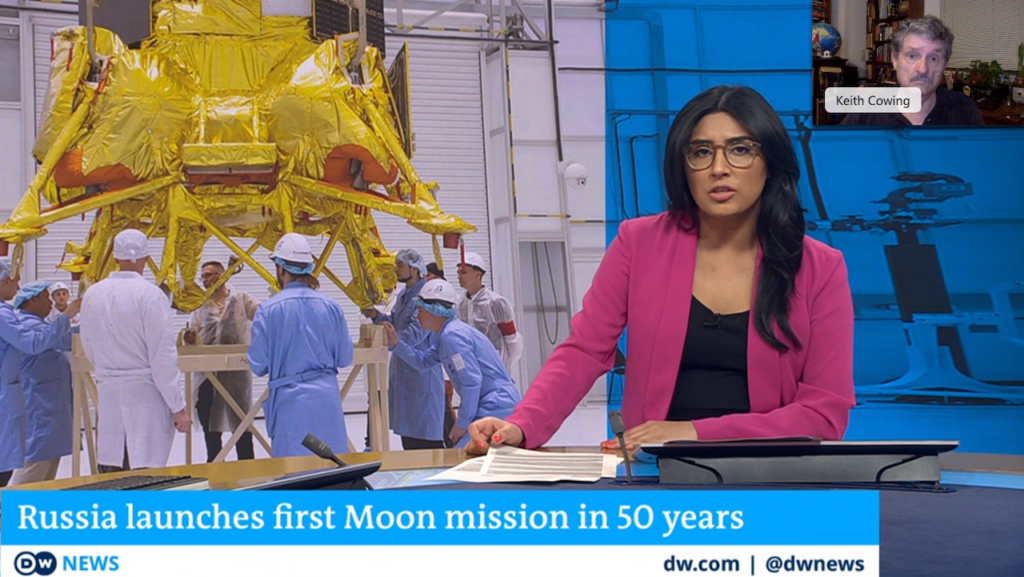

As a lifelong fan of our space program and science-fiction like Star Trek, I like to fantasize that the exploration of the Cosmos brings out the best aspects of our shared humanity. Reading news like this is a reality check on such dreams. No matter where our species goes in this solar system, we bring with us the petty political problems that divide us on the surface of our world. Such terrestrial concerns may still prove to be the end of our brief existence in this universe.
For better or worse, I found Babylon 5 to be much more realistic in that regard…
As for the ‘end’, Steven Jay Gould was keen to note the fact that Life, after it showed up, never went back to zero. Once a bunch of molecules came together and figured out how to carry on life processes as well as replicate themselves, said processes never ceased completely, not even once, since then.
I tend toward the feeling that our species, given its remarkable tendency/capacity to survive in so many different & extreme environments and circumstances (and sometimes bounce back from terrible catastrophes), will not be going back to zero, either.
The question of life starting and/or stopping is unsettled as far as I know, as is the question of how many times life started on Earth.
I love Babylon 5 as well. Maybe their are the “First Ones” out there who existed long before humanity. Now they have passed Beyond the Rim. It seems we were left with Shadows as guides…
In thinking about US/Russian cooperation in space, I remember President Kennedy broaching the subject in his State of the Union speech in 1961, “Finally, this Administration intends to explore promptly all possible areas of cooperation with the Soviet Union and other nations “to invoke the wonders of science instead of its terrors. ”Specifically, I now invite all nations—including the Soviet Union—to join with us in developing a weather prediction program, in a new communications satellite program, and in preparation for probing the distant planets of Mars and Venus, probes which may someday unlock the deepest secrets of the universe. Today, this country is ahead in the science and technology of space, while the Soviet Union is ahead in the capacity to lift large vehicles into orbit. Both nations would help themselves as well as other nations by removing these endeavors from the bitter and wasteful competition of the Cold War. The United States would be willing to join with the Soviet Union and the scientists of all nations in a greater effort to make the fruits of this new knowledge available to all.”
Rightly or wrongly Mr. Reagan’s policy of bankrupting the Soviets through heavy military spending was the exact opposite of this approach.
In the end an argument could be made that Mr. Reagan created a monster. On the other hand, cooperation with China appears to have help move that country to a more market-oriented point of view.
I suspect that an awful lot of folks who lived under the Soviets’ sway in Eastern Europe & Asia consider it ‘rightly’.
Maybe, maybe not; but who’s to say the heavy-handed approach is the only effective one? That bellicosity has no alternatives?
Indeed when Nixon visited China, Kissinger and Mao agreed to a massive student exchange program. Mao figured returning students would bring western technology and help China compete. Kissinger thought they would bring western economics and undermine Communism. Both were right. Whether we will collaborate in space is undecided, but China intends to collaborate with the rest of the world.
The Soviet system had rotted at the core as their economic policies had failed to keep pace with the West. When Nixon when to China, he was able to seal the West’s victory over the USSR. Reagan simply came along at the end of the Cold War to get the credit as the Soviet Union collapsed. I give Nixon far more credit for winning the Cold War than Reagan. Now we have to see how well the Chinese government can balance keeping political power while opening up economic markets with reforms allowing more freedom. It’s a delicate tightrope to walk without experiencing great disruptions.